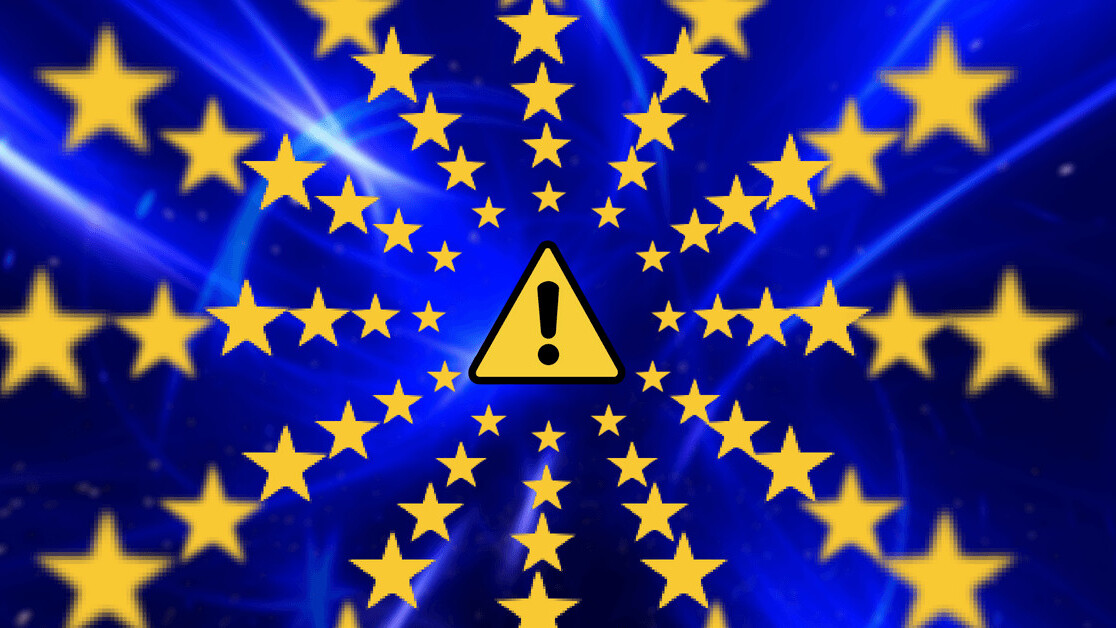
The absolute final vote on the incredibly controversial Copyright Reform was held today, with 19 EU member states voting in favor of making it EU law.
Despite the Netherlands, Italy, Luxembourg, Poland, Finland, and Sweden voting against the Copyright Reform — and Estonia, Belgium, and Slovenia abstaining — it’ll now be mandatory for all EU countries to implement the law at a national level. This will include the most controversial parts of the directive: Article 11 (aka link tax) and Article 13 (aka upload filters).
Voting results, #Copyright directive approved: pic.twitter.com/kHPp8Q8xVI
— Julia Reda (@Senficon) April 15, 2019
No matter which side of the issue people were on, pretty much everyone was in favor of updating copyright law to better reflect our current digital environment. However, there was a deep disagreement when it came to the implementation, with opponents of the directive arguing it would harm free speech, open source, open platforms like Wikipedia and Reddit, and Miley Cyrus’ ability to wish her husband a happy birthday.
The entertainment lobby will not stop here, over the next two years, they will push for national implementations that ignore users’ fundamental rights. It will be more important than ever for civil society to keep up the pressure in the Member States! #SaveYourInternet
— Julia Reda (@Senficon) April 15, 2019
Publishers in Europe have welcomed the decision and called for a quick implementation. The EU Commission is also happy with the result and claims it “will boost high-quality journalism in the EU and offer better protection for European authors and performers.”
#CopyrightDirective: When it comes to completing the #DigitalSingleMarket, the agreement on #copyright is the missing piece of the puzzle. Clear rules will guarantee fair remuneration for creators, strong rights for users and responsibility for platforms.https://t.co/W9Ov6j7QAU
— Jean-Claude Juncker (@JunckerEU) April 15, 2019
EU member states will now have two years to adopt the directive into their national legislation. Countries will have some leeway when it comes to enforcement, but it’s hard to see how governments could do that without imposing link tax and upload filters — so, the worst case scenarios might very well come to fruition.
TNW Conference 2019 is coming! Check out our glorious new location, an inspiring lineup of speakers and activities, and how to be a part of this annual tech bonanza by clicking here.
Get the TNW newsletter
Get the most important tech news in your inbox each week.




